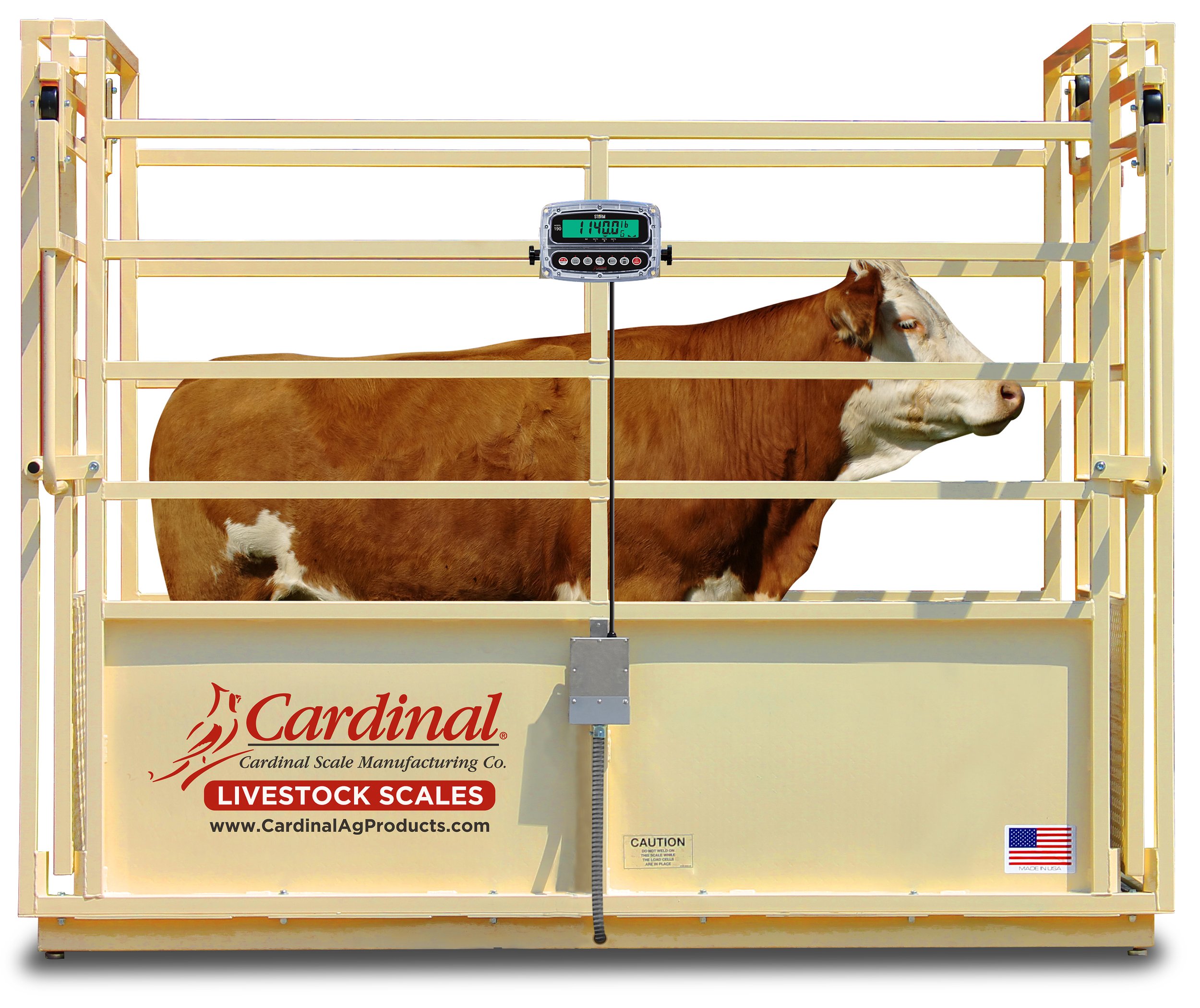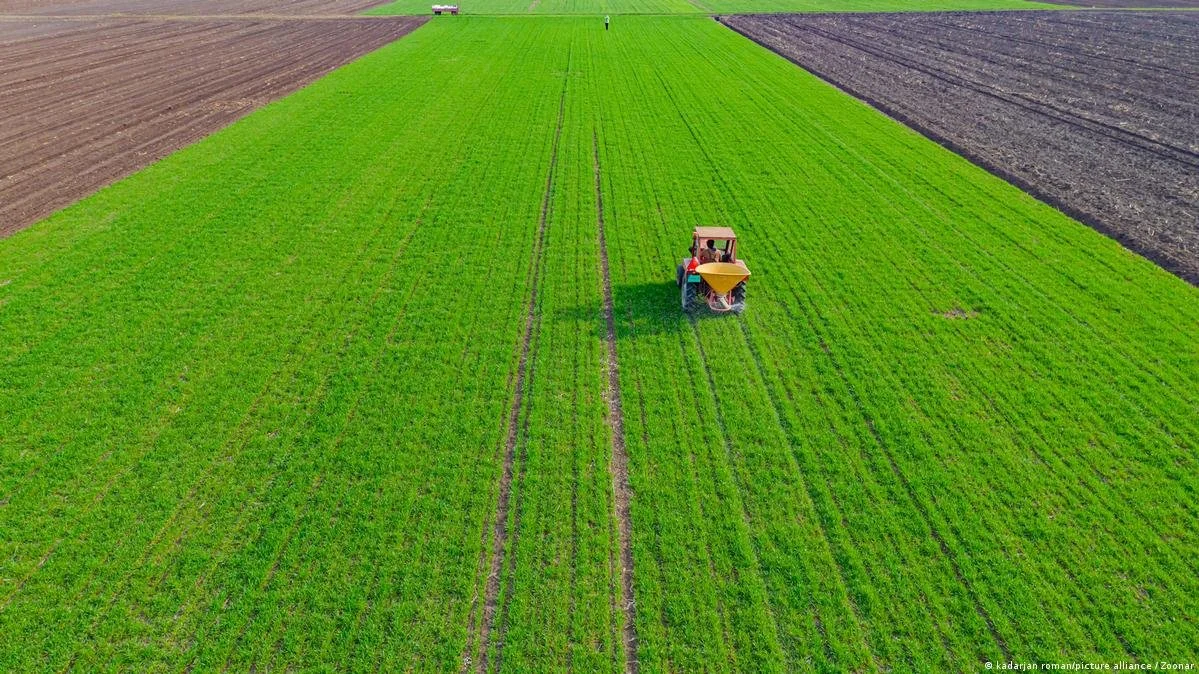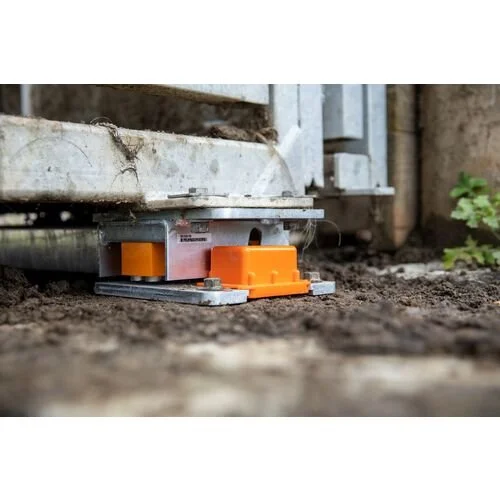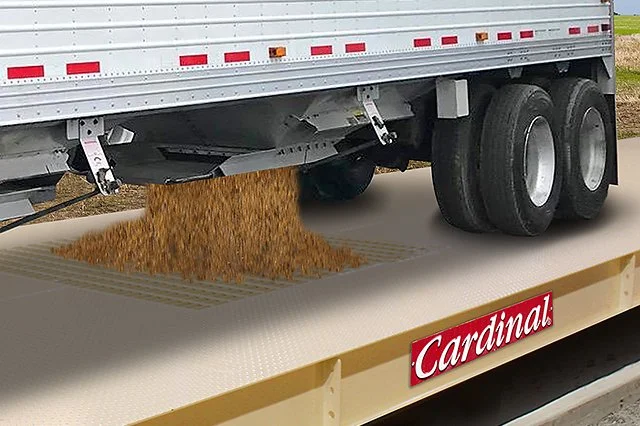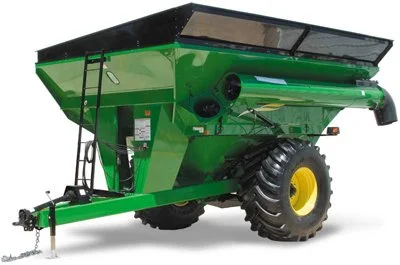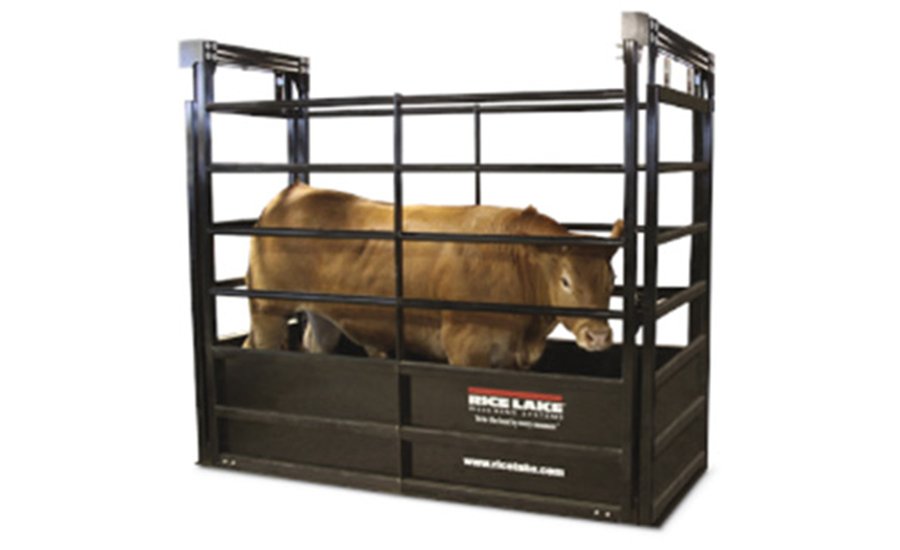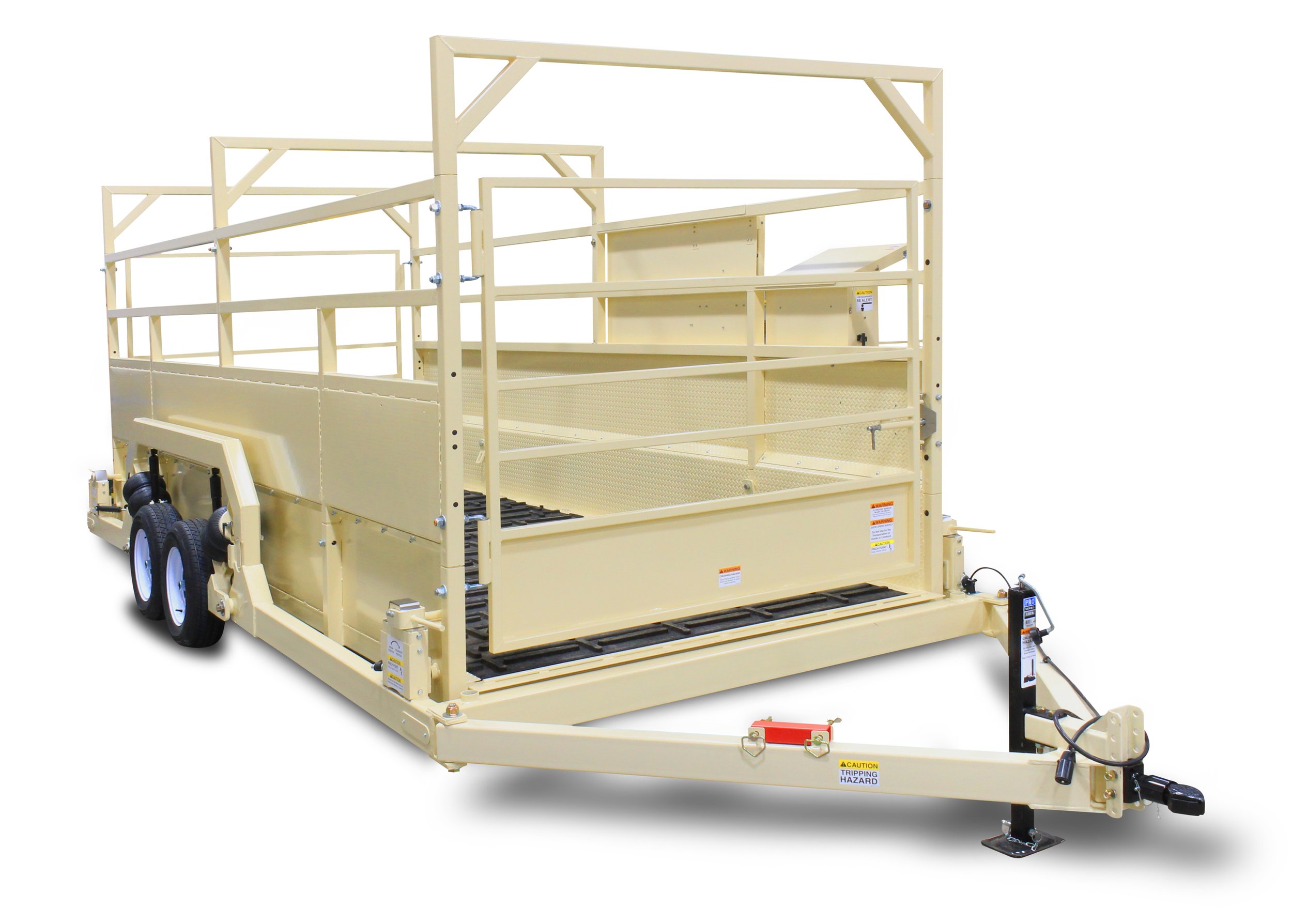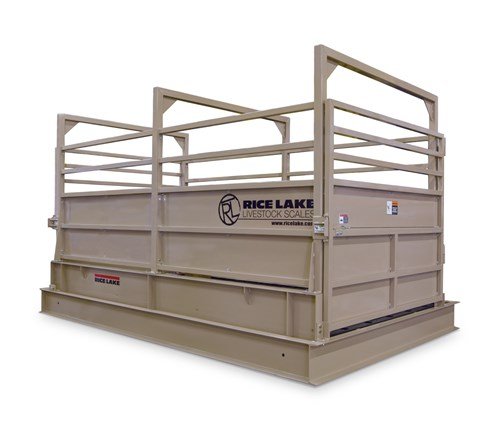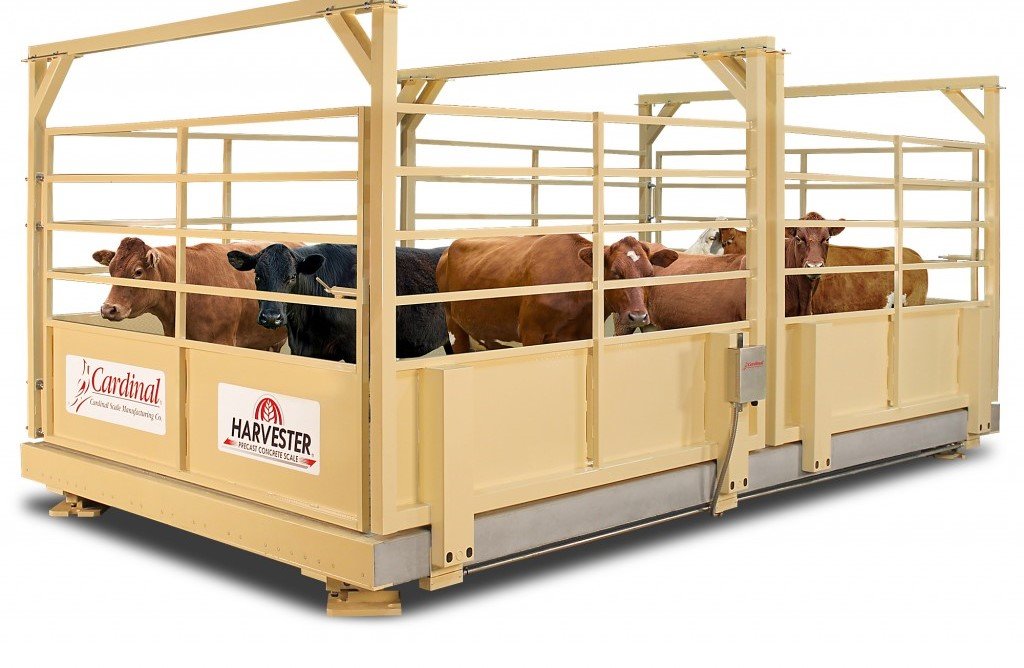Understanding Livestock Scales
Livestock scale systems are a very important part of our food production process. There are many types of livestock scales to consider and they vary based on the application requirements. When considering the purchase of livestock scales, accuracy is paramount and can potentially cost you a lot in lost profits over time. Scale manufacturers try to create scales that can handle the requirements of farming. Weight is an important factor in food production. Owning a livestock scale can be a large undertaking, and there are a lot of important factors that need to be considered before you go along with a purchase. Depending on the type of scale, size and components, a livestock scale can cost anywhere from $2,000 to over $40,000 depending on the aforementioned factors. This article will go over the things to consider while searching for your next livestock scale as well as a cost breakdown of what you can expect when purchasing a livestock scale.
Note: This article will only focus on legal for trade livestock scales. We will not have anything non legal for trade in this article.
TYPES OF LIVESTOCK SCALES
Mobile Livestock ScalesMobile animal scales (MAS) are designed to be transported to the location of the animals to be weighed. The scales are designed with durability in mind. These scales will also be equipped with steel pens suspended on load cells.There is also a cage that is installed to help keep the animals safe and locked in during transport. This cage can be locked down to the frame while transporting the animals. The reasoning for this design is because it prevents cage movement and load cell damage during transport. The mobile livestock scale is a good choice if you have to actually go to the animals yourself.
Portable Livestock ScalesPortable Animal Scales (PAS) are designed to be transported to various weighing sites. The majority of portable livestock scales are suitable to be used in harsh and unpredictable conditions of multiple site weighing. They can have a deck and a pen side for a smoother loading and unloading process for the animals.
Stationary Livestock ScalesStationary Animal scales (SAS) are designed to be set up at one location, to which the animals can be guided to the scale to be weighed. One thing to note about stationary livestock scales is that they're available in a myriad of sizes to hold the amount of livestock you need to be weighed. The cool thing about stationary scales is that they combine the accuracy of fully electronic weighing technology coupled with steel weighbridge designs that are typically found in truck scales.
WHAT INFLUENCES THE PRICE?
Livestock scale pricing has a myriad of factors that influence the overall cost of owning the scale. You have to ask yourself several questions. What are you using the scale for? The weighing applications involved also will affect the price. Do you need a single animal livestock scale or multiple animals? Is the scale going to be stationary, portable or mobile? These are just some of the things that will influence the price of your scale. Below is a breakdown of what goes into the pricing when you are optioning out your scale.
Scale Size: The size of the scale will be the biggest contributing factor to the price. You have to look at if you want a single animal scale or if you want a scale that can weigh multiple livestock at once. The size of the scale will need to be known before you can move further with the other options. Single animal scales tend to have the steel deck dimensions of 3’x8’ and 4’x8, while multiple animal scales will have dimensions of 13-19 feet with a width of 9 feet. There is no “right'' size when picking out a livestock scale, just the right size for you. So depending on what size you want will determine the cost you will be looking to spend. The cost for an SAS with dimensions of 3x8 can cost you anywhere from $6,000 to over $11,000. For a MAS with dimensions 13x9 can cost you anywhere from $16,000 up to well over $30,000. Keep in mind that these are for stationary livestock scales. The cost for portable and mobile scales will vary compared to stationary scales due to the other components that are specific to those scales.
Scale Components:Optioning your scale is where you will start to get the bulk of your costs. So it is good to think about what is important to you when looking for a scale. A typical livestock scale will be composed of a deck plate,electronic load cells (or analog), scoreboards, remote displays, junction boxes, pen sides as well as kick plates and a stainless steel scale indicator. A lot of these components will have multiple options with multiple features, thus affecting the price for each component. Scale accessories also influence the price as well.
Load Cells:When choosing a load cell for your scale, you have to choose from analog or a digital load cell. An analog load cell will usually be the most cost effective between the two based on the build of the load cell, which is a lever system. Ensuring proper scale calibration for your loa cells will increase the lifespan of the scale. Going digital will usually have a more precise and faster reading compared to an analog load cell, but is also a bit more expensive as well.
Indicator:The indicator on a scale is what you use to get the weight of the animals. The indicator offers a readout of the animal's weight. Depending on which indicator you decide to go with will determine what features you will have. There are indicators designed for farming and ranching, and are programmed for particular animal weighing requirements.
PORTABLE OR PERMANENT?
Deciding if you need a permanent or portable scale simply depends on your layout and how you want to go about getting the animals weighed. If your livestock is located at different sections on your ranch, then you will want something that is portable to save time and effort when getting the animals weighed. The portable scale is convenient because there is not a lot of setup time needed. You simply set up the scale in the area where the animals are located.
If you are looking to weigh livestock in the same location that they will be processed, then you will most likely opt for a permanent installation, in which load bars are placed under your squeeze chute and the scale is bolted to a concrete slab.
Determining if you will go permanent or portable will depend on your layout, and your processing method. These factors will be unique to each person.
CONCLUSION
When it comes down to it, a farmer will need a good quality livestock scale to ensure that they are getting accurate results. Accurate readings will equal better profit all around. Regardless of whether you have a small or large-scale livestock farm, the importance of accurate weight can be directly tied to your business and how profitable it is. Pricing a scale can be a broad undertaking, but it depends on whether you want single, multiple, stationary or portable. Look to spend anywhere from $7,000 to $40,000 depending on your setup and options selected.
If you are looking to get a quote on our livestock scales, then head on over to our site and our team can help guide you through the process of ordering a livestock scale. At American Scale we strive to bring you informed and useful content on all things scale related. Be sure to check out our truck scale articles about truck scale foundation or how much do truck scales cost. We even have a guide to warranties. To learn more about bench scales, it would be good to check out our other articles such as “Bench Scale Basics'' and “How Much Does A Bench Scale Cost?”. These articles will help with the basics of bench scale ownership. Also, take a look at our“Common Problems With Bench Scales'', which can help give insight to what issues could arise while owning a bench scale.

